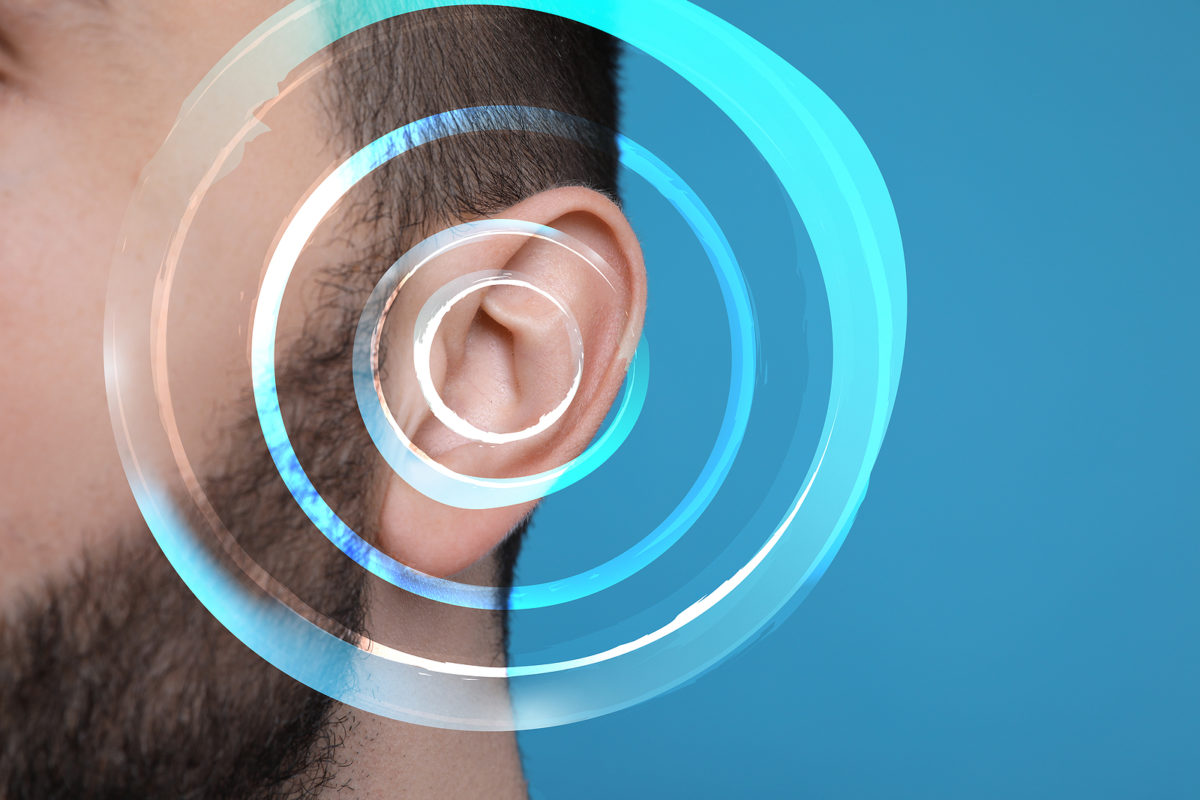Hearing loss is a diverse condition that can impact a person at any age or degree. Age-related hearing loss, or presbycusis, is one of the more common types of hearing loss and tends to occur gradually. Hearing loss can also happen suddenly at any point in life or it can be congenital, meaning you are born with the condition.
As the baby boomer generation continues to age, the prevalence of age-related hearing loss will simultaneously increase. As mentioned, this type of hearing loss generally happens gradually and therefore can be easy to brush off until it starts to impede daily life.
Signs and Symptoms of Hearing Loss
Since the changes to hearing can happen progressively and be difficult to notice at first, it is essential to be aware of the signs and symptoms that your hearing is changing. If you notice any one or more of these symptoms, it’s a good idea to talk to a hearing health professional.
- Hearing someone without understanding them– It is often said among people experiencing hearing loss, “I can hear you but I can’t understand you.”
- Difficulty hearing in noisy environments– Whether at a restaurant or family gathering at home, the more background noise, the more difficult it can be to hear someone.
- TV volume and subtitles– You or maybe someone in your home may comment on the increasing volume of the television. Additionally, while using subtitles may be a personal preference, if it’s a new habit it could be used to mask changing hearing.
- Ringing in the ears– Tinnitus is the medical term used for the sound of ringing in the ears. It may not always be a ringing sound, but if you are experiencing sounds without external noises then a hearing health professional should be seen to assess.
Treatment of Hearing Loss
As discussed, because of the gradual onset of symptoms, hearing loss can go ignored for a long time, sometimes years. Furthermore, because certain steps can be taken to mitigate the impacts of hearing loss on daily life, it can take a long time still to seek treatment.
Hearing devices, such as hearing aids and cochlear implants, are available to correct hearing loss, however, hearing aids are by far the more common treatment for age-related hearing loss.
When you speak to a hearing health professional for the first time they will review your past medical history as well as the signs and symptoms you have been experiencing at home and then they will perform a hearing test. With all of this information, they will be able to review your options for treatment.
Understanding how hearing devices work to correct your hearing will be vital to a successful transition into wearing hearing aids. Unlike glasses, which fix your eyesight when you put them on the first time, hearing aids require more of a transitional period. Educating yourself on this adjustment period before using hearing aids, will be a crucial step to getting comfortable with them.
Benefits of Treatment
Untreated hearing loss can lead to isolation from loved ones and the world around you. With a difficulty in communication, people can feel completely alone even when surrounded by people. The long-term effects of this type of exclusion from your surroundings can be devastating and lead to poor quality of life.
Considering these social and mental impacts, it is therefore easy to see that there can be many benefits in correcting hearing loss.
Invisible Condition
Due to the invisible nature of hearing loss, it is important to be an advocate for yourself. Whether you have hearing loss without correction or are using hearing devices, let the people around you know what you need to communicate with them. There are a few steps that you can take to ease the work of communicating with hearing loss.
- Face the person you are speaking to and at eye level
- Well-lit and quiet environments will make hearing easier
- Make sure the person you are speaking with knows not to yell or over-enunciate. Both of these may seem helpful, however, they make it more difficult to understand speech.
The more you can advocate for yourself, the easier it will become and your family and friends will likely fall into better habits when speaking to and around you. If you are ready to address hearing loss, contact us today to schedule an appointment!

